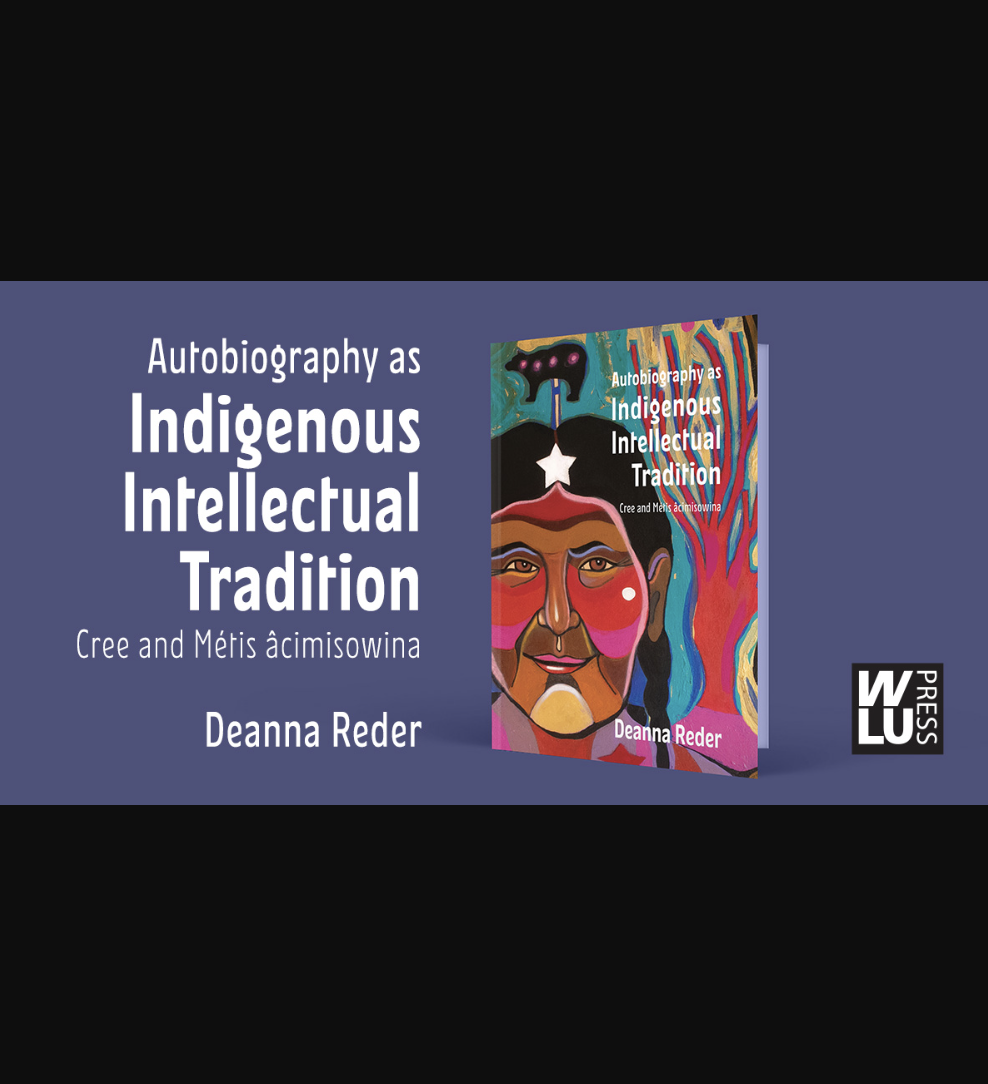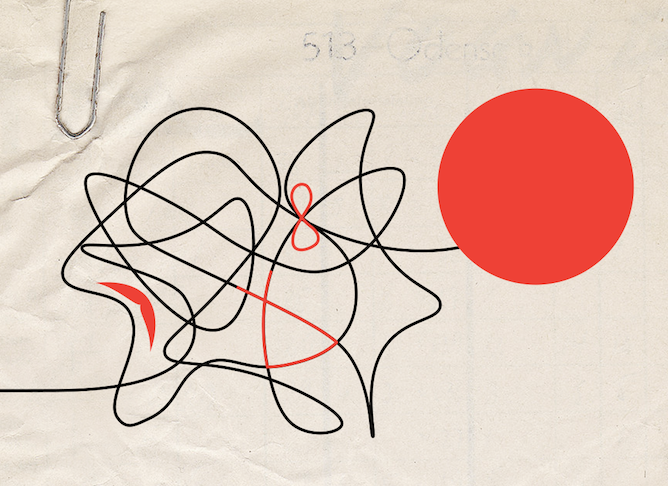Excerpt from Autobiography as Indigenous Intellectual Tradition: Cree and Métis âcimisowina:
Winner of the 2023 Gabrielle Roy Prize for Canadian Literary Criticism (English section) awarded by the Association for Canadian and Quebec Literatures (ACQL)
There are several concurrent arguments in this book, each of which is interconnected. First, autobiography is a preferred genre by speakers of nêhiyawêwin. Second, speaking from one's position best captures the privileged perspective from which no one else is able to speak. Third, autobiographies-- âcimisowina--best allow us to assert control over our identities, histories, and knowledge systems. It is an act of autonomy in that it expresses the values of one's own story while at the same time an act of generosity, often in the face of colonial narratives determined to either erase or undermine nêhiyaw presence. Fourth, Cree and Métis people, like all Indigenous peoples, embrace multiple forms of storytelling all along the oral-literary spectrum to share out perspectives and articulate nêhiyaw concepts, sometimes addressed to dominant society, sometimes to ourselves, including those in the presnet but also those who have left us or will come--our ancestors and descendants. Fifth, the lack of recognition of Indigenous peoples' autobiographical traditions is an erasure that makes illegible the contributions we have made. Sixth, this lack of recognition and neglect feeds further lack of recognition of and lack of scholarly attentional to existing, albeit neglected, Indigenous writing. Seventh, the lack of Indigenous perspectives in the academy contributes to erroneous assumptions about Indigenous literary production. (Introduction, page 18)


